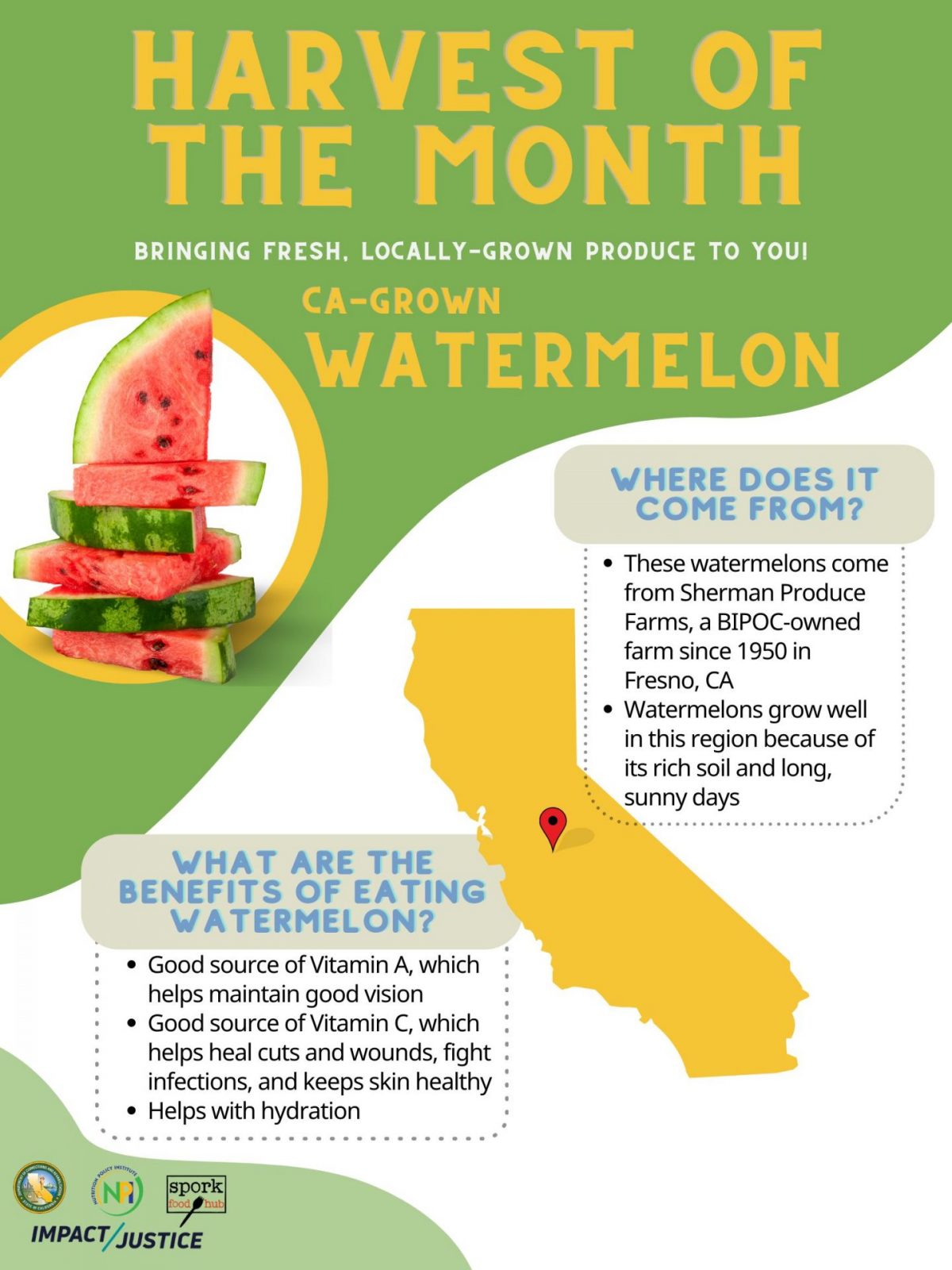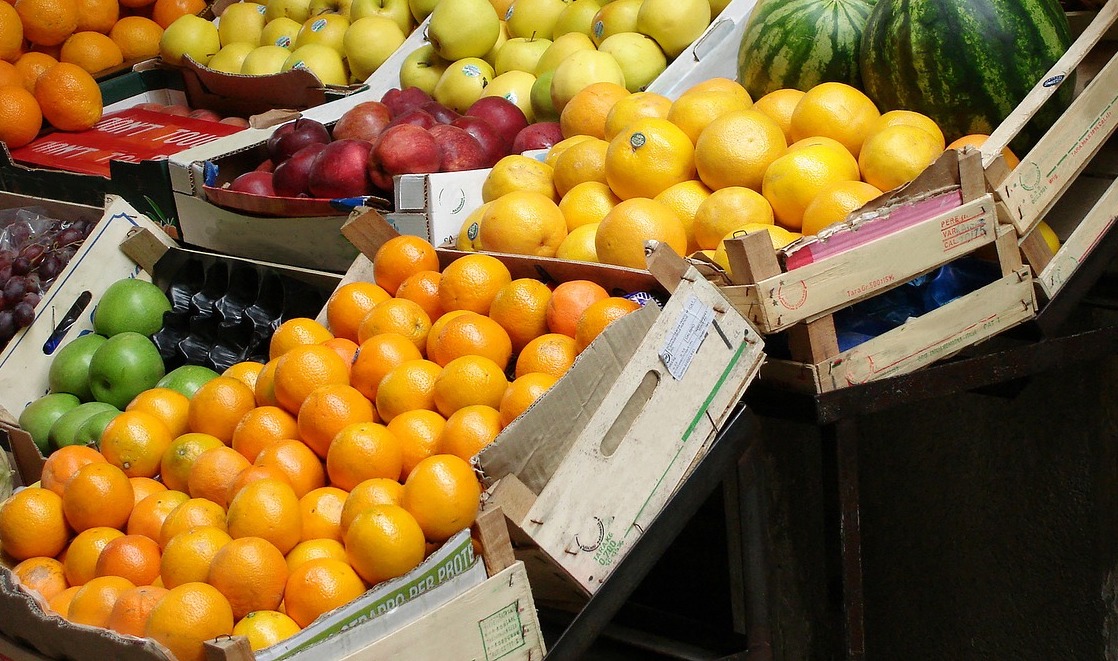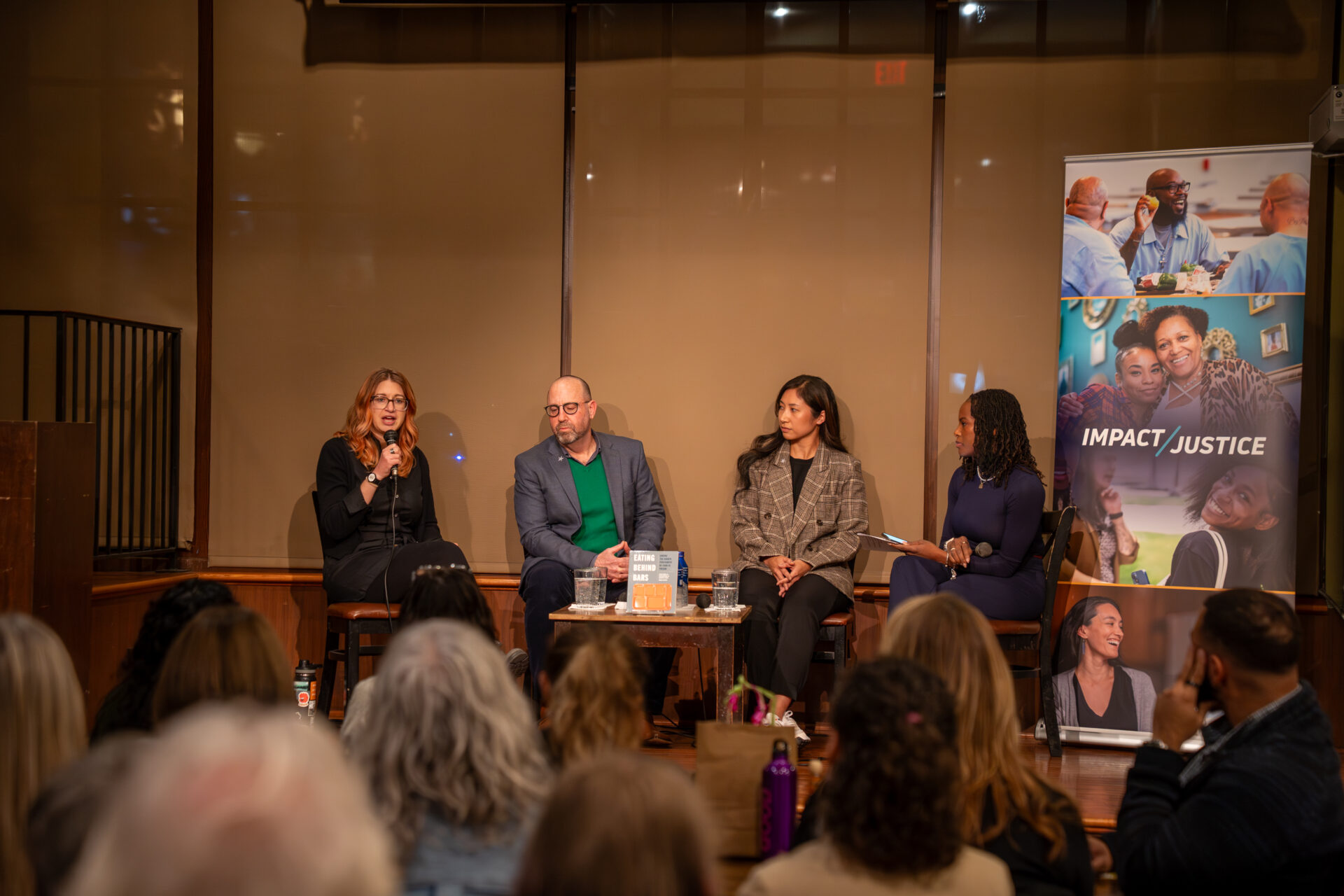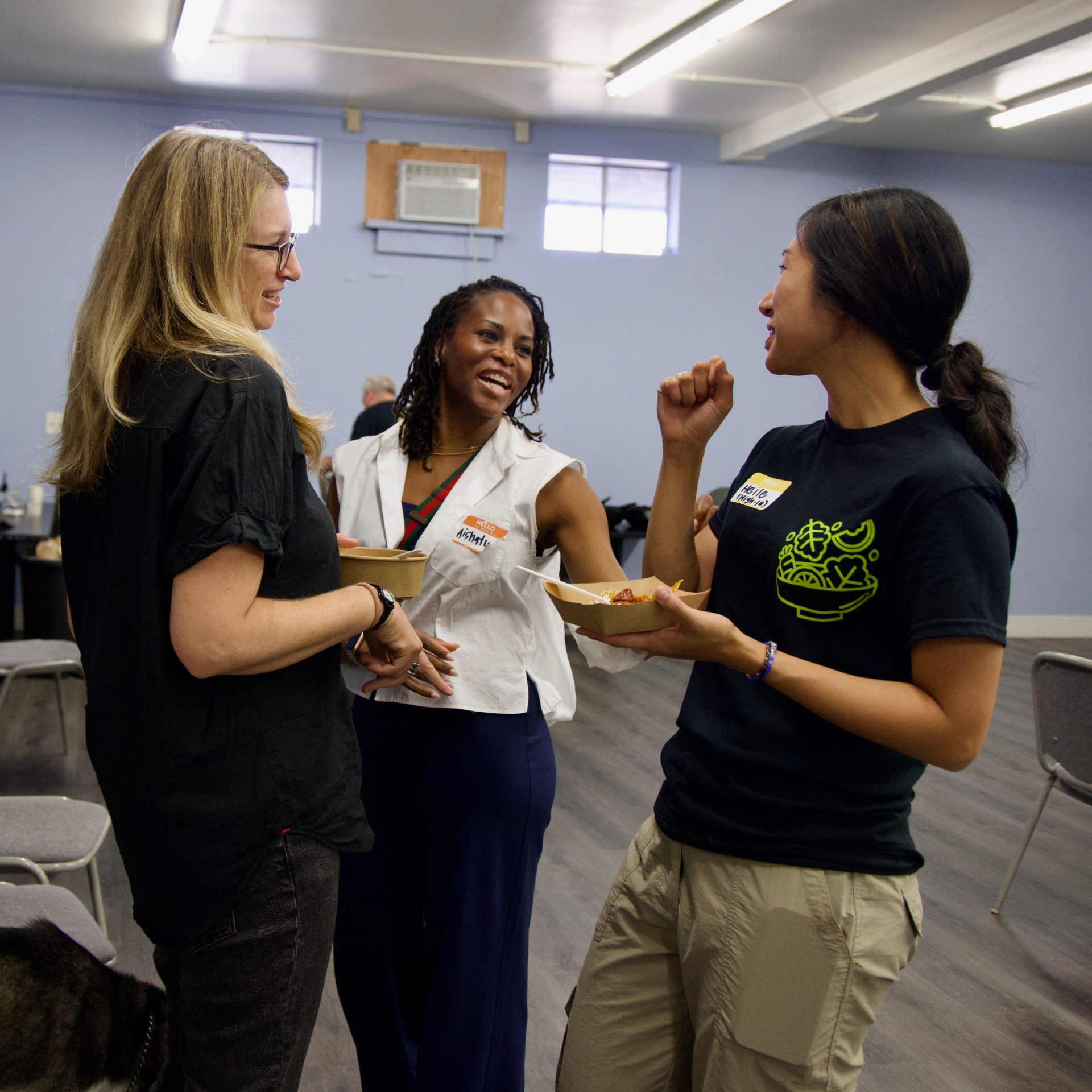We’re fortunate here in California, where fresh fruits and vegetables, essential to a nutritious diet, are relatively accessible. Soon more of this healthy, locally-grown produce will make its way to incarcerated Californians through a Harvest of the Month initiative that begins this July.

The pilot project features a tasty seasonal produce item along with information about where it was grown and its health benefits. Over the next few weeks, Spork Food Hub, a California-based supplier of fresh local produce, will provide three state prisons with watermelons at the peak of the season. It’s the first iteration of a wider experiment that ultimately will involve additional food hubs and reach all 33 adult prisons throughout California.
There’s an old saying that fruit falls from the vine when it’s ripe. In much the same way, Harvest of the Month ripened on the vine of collaboration between the California Department of Corrections and Rehabilitation (CDCR), the nation’s second-largest prison system; California growers who benefit from bulk buyers nearby; the University of California’s Nutrition Policy Institute; and Impact Justice. Harvest of the Month is one way that we’re addressing the scarcity of fresh fruits and vegetables in correctional facilities nationwide.
Our research shows that more than half of people in prison rarely or never have access to fresh fruits and vegetables. That’s partly because departments of correction often buy food from the lowest bidder, typically big national vendors. As a result, even in California local growers and producers rarely had an opportunity to sell their fresh, high-quality produce to large institutions.
A door opened last year when the California Legislature decided to require all state-run institutions, including correctional facilities, to purchase at least 60% of their food locally. By using food hubs that aggregate produce from smaller farms, Harvest of the Month is rooted in competitive pricing while providing quality produce to consumers — in this case, eventually more than 100,000 incarcerated Californians. It’s a model that growers and other state and country departments of correction could adopt.
As a Californian myself, I’m excited to be working with local growers, food hubs, and CDCR to provide incarcerated people with access to the fresh produce that’s essential to a healthy diet, while also helping CDCR begin to meet the local food purchasing requirements outlined in AB 778. Work like this makes me proud to be part of the Food In Prison team at Impact Justice.
Heile Gantan is a Program Associate with the Food in Prison Project. Her background in nutrition, public policy, and lived experience with the California Department of Corrections & Rehabilitation motivates her work to improve the provision of essential resources throughout jails and prisons.




